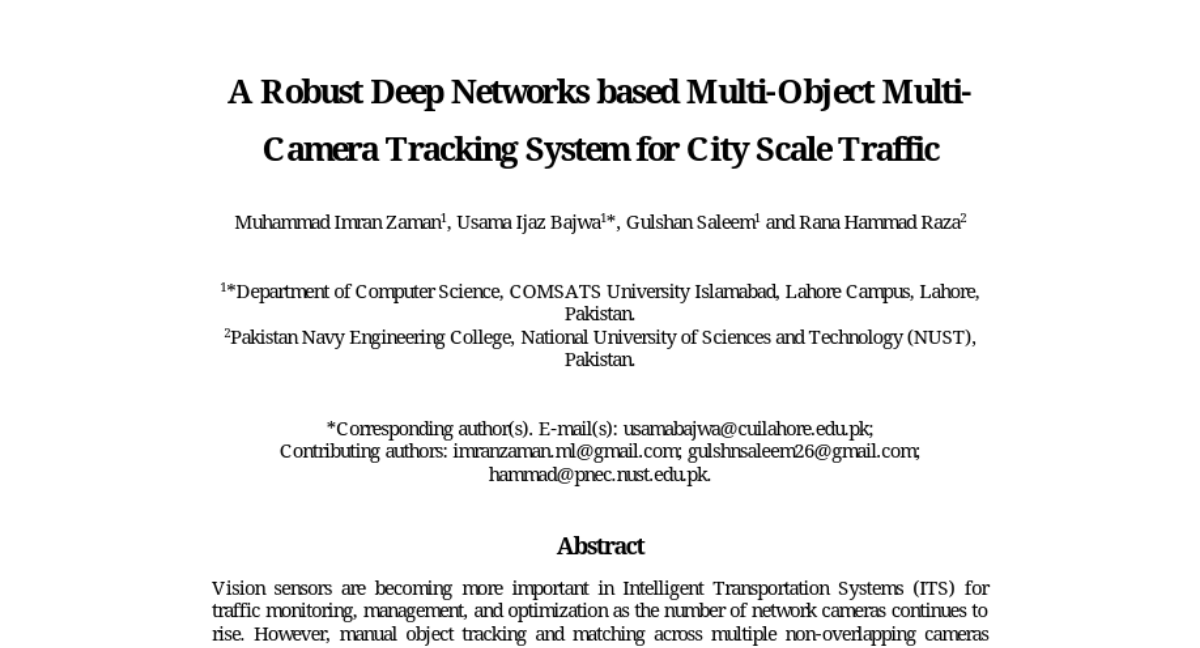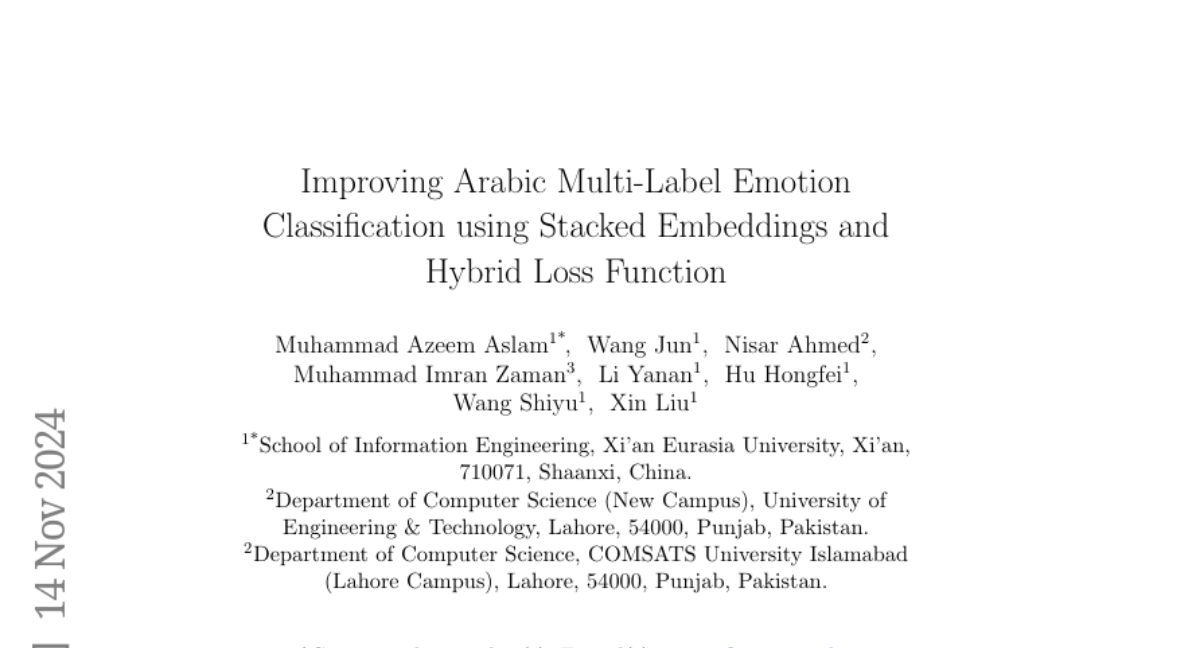Post
558
# Runway Aleph: The Future of AI Video Editing
Runway’s new **Aleph** model lets you *transform*, *edit*, and *generate* video from existing footage using just text prompts.
You can remove objects, change environments, restyle shots, alter lighting, and even create entirely new camera angles, all in one tool.
## Key Links
- 🔬 [Introducing Aleph (Runway Research)](https://runwayml.com/research/introducing-runway-aleph)
- 📖 [Aleph Prompting Guide (Runway Help Center)](https://help.runwayml.com/hc/en-us/articles/43277392678803-Aleph-Prompting-Guide)
- 🎬 [How to Transform Videos (Runway Academy)](https://academy.runwayml.com/aleph/how-to-transform-videos)
- 📰 [Gadgets360 Coverage](https://www.gadgets360.com/ai/news/runway-aleph-ai-video-editing-generation-model-post-production-unveiled-8965180)
- 🎥 [YouTube Demo: ALEPH by Runway](https://www.youtube.com/watch?v=PPerCtyIKwA)
- 📰 [Runway Alpha dataset]( Rapidata/text-2-video-human-preferences-runway-alpha)
## Prompt Tips
1. Be clear and specific (e.g., _“Change to snowy night, keep people unchanged”_).
2. Use action verbs like _add, remove, restyle, relight_.
3. Add reference images for style or lighting.
Aleph shifts AI video from *text-to-video* to *video-to-video*, making post-production faster, more creative, and more accessible than ever.
Runway’s new **Aleph** model lets you *transform*, *edit*, and *generate* video from existing footage using just text prompts.
You can remove objects, change environments, restyle shots, alter lighting, and even create entirely new camera angles, all in one tool.
## Key Links
- 🔬 [Introducing Aleph (Runway Research)](https://runwayml.com/research/introducing-runway-aleph)
- 📖 [Aleph Prompting Guide (Runway Help Center)](https://help.runwayml.com/hc/en-us/articles/43277392678803-Aleph-Prompting-Guide)
- 🎬 [How to Transform Videos (Runway Academy)](https://academy.runwayml.com/aleph/how-to-transform-videos)
- 📰 [Gadgets360 Coverage](https://www.gadgets360.com/ai/news/runway-aleph-ai-video-editing-generation-model-post-production-unveiled-8965180)
- 🎥 [YouTube Demo: ALEPH by Runway](https://www.youtube.com/watch?v=PPerCtyIKwA)
- 📰 [Runway Alpha dataset]( Rapidata/text-2-video-human-preferences-runway-alpha)
## Prompt Tips
1. Be clear and specific (e.g., _“Change to snowy night, keep people unchanged”_).
2. Use action verbs like _add, remove, restyle, relight_.
3. Add reference images for style or lighting.
Aleph shifts AI video from *text-to-video* to *video-to-video*, making post-production faster, more creative, and more accessible than ever.


